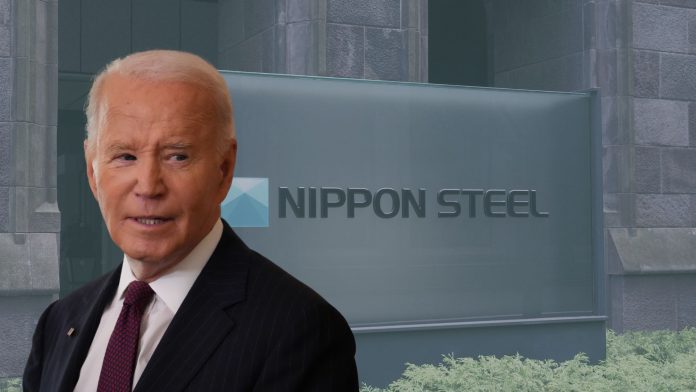In a bold legal move, Nippon Steel and U.S. Steel have filed lawsuits against the U.S. government, challenging the Biden administration’s decision to block their $14.1 billion merger. The companies argue that the government’s actions violate constitutional due process and statutory requirements, asserting unlawful political influence in the decision.
The lawsuits were filed in two separate courts. The first suit, lodged in the U.S. Court of Appeals for the District of Columbia Circuit, seeks to overturn President Biden’s executive order blocking the deal, which was based on a review by the Committee on Foreign Investment in the U.S. (CFIUS). The companies argue that the review, which focused on potential national security risks, was politically motivated and did not follow proper procedures.
A second lawsuit was filed in U.S. District Court for the Western District of Pennsylvania. This suit targets Cleveland-Cliffs, its CEO Lourenco Goncalves, and David McCall, president of the Allied Industrial and Service Workers International Union. The plaintiffs claim these parties illegally coordinated to block the merger, undermining U.S. Steel’s ability to compete and Nippon Steel’s ability to supply American consumers with steel produced domestically.
The Biden administration’s decision to block the merger came after months of scrutiny by CFIUS, which expressed concerns over potential national security risks. The White House ordered the companies to abandon the deal by the end of the month unless the CFIUS grants an extension.
In response, Nippon Steel and U.S. Steel have called the legal actions necessary to protect their right to pursue the merger without “illegal and improper political and anti-competitive interference.” The companies aim to proceed with the deal free from what they describe as unwarranted governmental influence.



